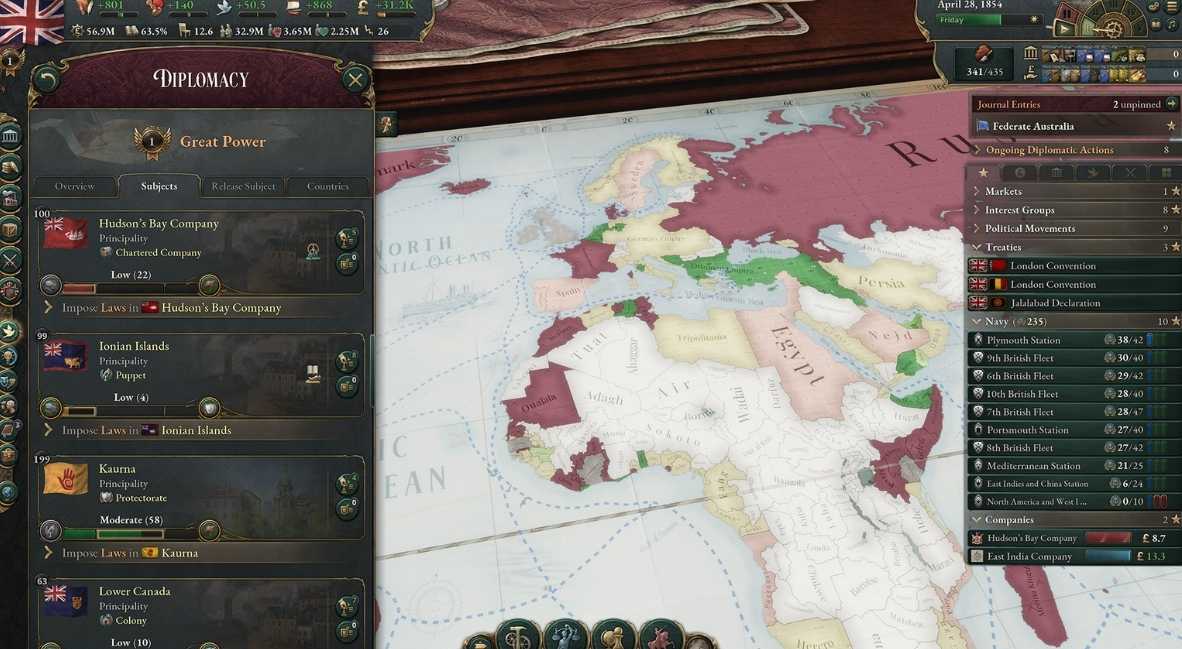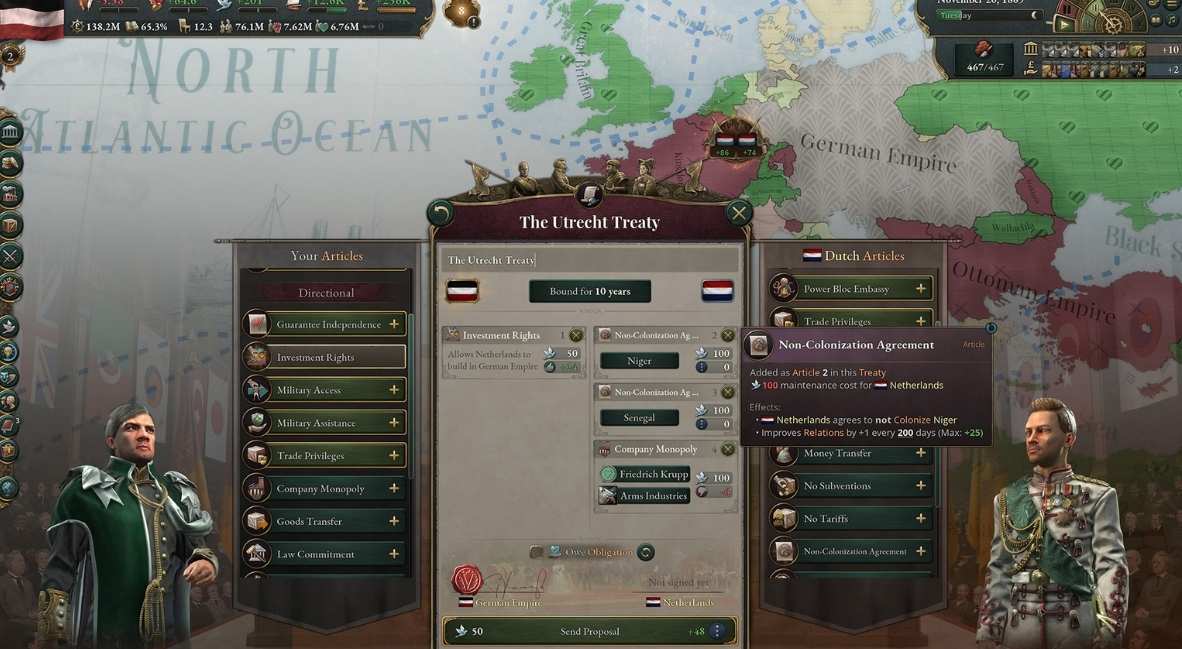Paradox Interactive has just launched Victoria 3: Charters of Commerce, a new Mechanics Pack. Victoria 3 (Vic 3), Paradox Interactive’s societal simulation of the tumultuous century from 1836 to 1936. This latest addition dives deep into the game’s trade system, offering players new ways to manage their nation’s economy and influence global markets.
For Victoria 3’s base game, our critic said, “Victoria 3 is a game that requires patience and homework, but once you get the hang of things can be tons of fun. The game offers so much variety both in terms of ways to play and succeed along with unique challenges in the array of nations to choose from to play with. Victoria 3 definitely has some things it can improve on and can be a lot to ingest for new players. However, we already know there are more updates and content coming in the pipeline so there will be continued support and Victoria 3 can only get better from here.”
What is the focus of the Charters of Commerce DLC?

This Mechanics Pack for Vic 3 is focused on adjustments and improvements to the Trade System of Victoria 3, adding new ways to manage Companies, negotiate agreements with other nations, and produce special types of goods.
Victoria 3: Charters of Commerce Adds New Features

Grant charters to your nation’s companies to give them an advantage in the cutthroat game of international trade. While basic Trade Charters are a free update for all Victoria 3 players, Charters of Commerce expands on this with new specific developments.
- Investment Charters: Allow companies to establish regional headquarters and invest in foreign markets.
- Colony Charters: Make it possible for companies to govern colonial regions.
- Industry Charters: Will permit companies to expand their field of business into other types of production.
- Monopolies: Encourage monopolistic industries in your country, whether a highly efficient but costly state monopoly or a private company monopoly that crowds out competitors in the production of vital goods.
- Diplomatic Treaties: Sign new types of diplomatic agreements, including imposing uneven trade deals and setting limits on colonization.
- Prestige Goods: Let successful companies branch out into producing high-quality goods like champagne, establishing your unique cultural imprint on a good type, and gaining an edge on your competitors.







